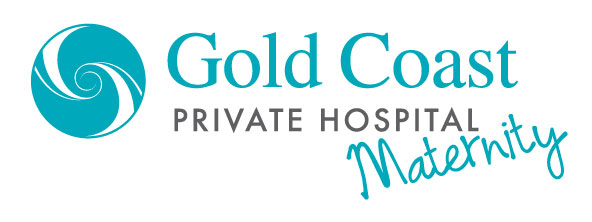It is important to keep track of your weight during pregnancy for your and your baby’s health. You should balance your nutritional needs with healthy weight gain and eating to appetite. Women who do not gain enough weight may increase risk of preterm birth or small baby.
Women who are overweight or gain too much weight have a higher risk of:
- High blood pressure or Pre-eclampsia
- Gestational diabetes
- Large baby
- Caesarean sections
- Birth defect
- Difficulty losing weight after birth
Recommendations for weight gain during pregnancy
How much weight should I gain?
The weight you should aim to gain depends on your pre-pregnancy weight and body mass index (BMI).
How do I work out my BMI (Body Mass Index)?
Pre-pregnancy weight in kg; Height in metre; BMI = weight/ (height x height) kg/m²
How much should I gain in my first trimester, second and third trimesters?
As well as having an overall weight gain goal for your pregnancy, there is a trimester-by-trimester guideline to follow:
- All women can expect to gain 1-2 kg in the first trimester.
- In the second and third trimester, this depends on your pre-pregnancy BMI. If your pre-pregnancy BMI was Less than 18.5 kg/m² = ½ kg/week weight gain; 18.5 to 24.9 kg/m² = 400g/week and Above 25kg/m² = Less than 300g/ week
Where does all the weight go?
Not all the weight you gain during pregnancy is the baby’s weight; most of it is used by your body to nourish and support a healthy baby. Sometimes women who have morning sickness early in pregnancy find it difficult to gain enough weight. If this happens to you, you do not need to be concerned as long as you start to gain weight in the second trimester.
What should I do if I am gaining weight too quickly?
To control your weight gain, limit foods that are high in fat and sugar. Make sure you are not ‘eating for two’ (see article – Healthy eating in pregnancy). It is also important to include regular physical activity (see article – How to stay fit and healthy during pregnancy)
Limit the amount of fat you eat by:
- Avoid high fat takeaway foods.
- Eat low fat dairy products (e.g. milk, yoghurt)
- Reducing the amount of fat by using healthy cooking methods (grilling, steaming, baking), trimming fat from meat and remove skin from chicken before cooking
Limit high sugar foods by:
- Drinking water only, not soft drink or cordial
- Limiting fruit juices to one glass per day as these are high in sugar
- Avoid chocolates, lollies, sweets and desserts.
- Watch your serve sizes, especially high carbohydrate foods.
Returning to your pre-pregnancy weight
Don’t be horrified at the thought of gaining weight and worried about whether you can lose it after your baby is born.
The greatest amount of weight loss occurs in the first 3 months after birth and then continues at a slow and steady rate until 6 months. Breastfeeding can help as some of the weight you gain during pregnancy is used as fuel to make breast milk. Healthy eating and regular physical activity in the postnatal period will help also.
If you are planning another pregnancy, it is a good idea to return to your pre-pregnancy weight first, or close to this.


